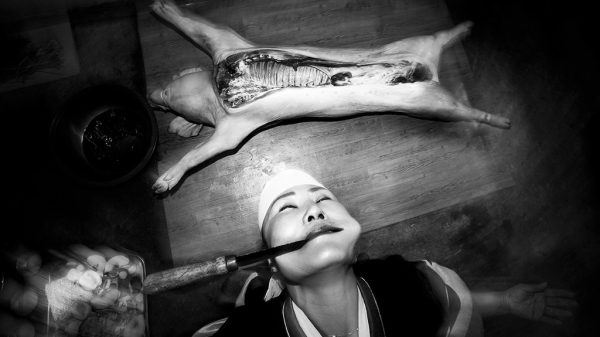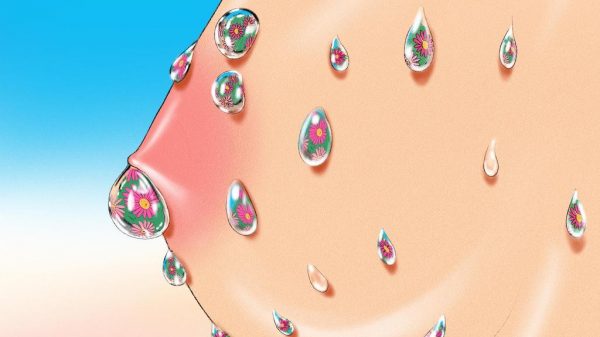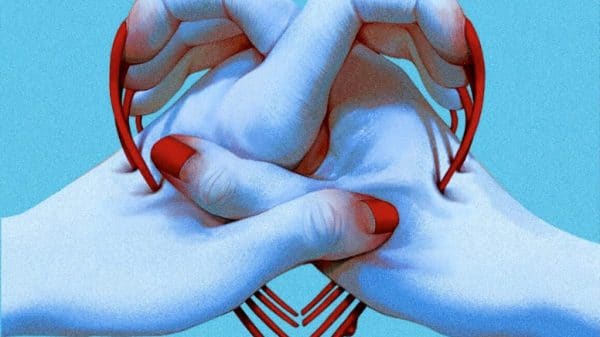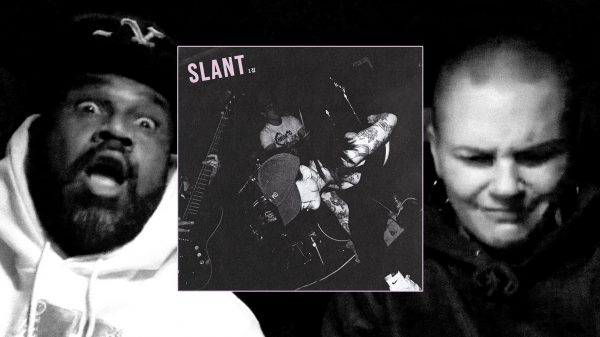“Your breast milk tastes like ink.” “A mom like you should have aborted.” Receiving over 400 dick pics, of “all sizes and races.” This is what Anh Lina, a tattoo artist from South Korea, has experienced through sharing her work online in a country that calls people with tattoos “illegal tattoo insects.” Maybe that could translate into “gangster tattooed roach” in North America, but it still sounds cool seen through the lens of a society that accepts tattoos.
How does Anh Lina feel about her status as both a pariah and a sex symbol?
To be honest, I just wanted to kill them all and die. But I also felt sorry for them. It was scary seeing people like that pretending to be normal.
The stigma against women with tattoos is even stronger. They’re seen as unfit mothers, societal rejects, sluts, and anti-social just because they practice body art. Watching this BBC doc, South Korea’s underground tattoo scene: The women defying the law, has given me a better understanding of why Korean women started the 4B movement. The misogyny women like Anh Lina face because of their tattoos is unrelenting and vicious. But she could walk around New York and L.A. and no one would blink an eye, except to yell, “God bless your mother!”
In South Korea, only licensed medical professionals can legally tattoo people because it’s been classified as a medical procedure by the Korean Ministry of Health and Welfare. So obviously there’s a robust underground industry, with approximately 25,000 tattoo artists working illegally. Some of these tattoo artists are unbelievably talented, but have to practice their art on the black market, and suffer from discrimination and harassment on the street. Because they’re operating illegally, female tattoo artists are at a higher risk of their male clients assaulting them and feeling as though they can get away with it. The tattooist can’t call the cops, because she’s the one engaging in criminal activity.
Check out South Korea’s underground tattoo scene: The women defying the law. It’s a great reminder that the sisterhood is global, and we still have a lot of work to do and support to give for the women who are fighting to exist the way they want to in their bodies.











